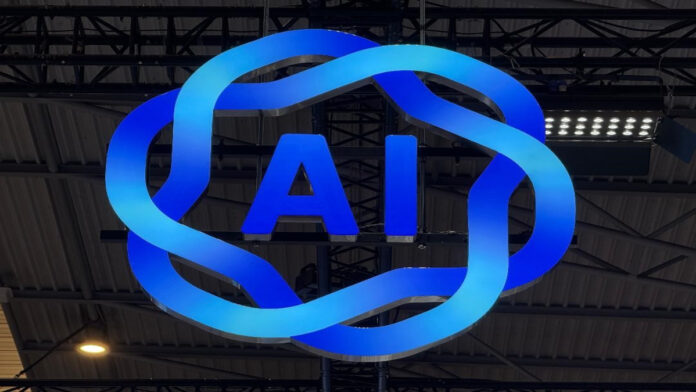Macquarie said the new facility will support enterprise AI, private AI, and cloud-based projects for sectors including healthcare, finance, education, and research
In sum – what to know:
Sovereign AI hosting in Australia – Macquarie Data Centres and Dell to launch AI infrastructure meeting national data security and compliance standards.
Purpose-built AI facility – 47 MW IC3 Super West data centre set for completion in mid-2026, designed for high-power AI workloads.
Government-backed AI agenda – Project supports “Future Made in Australia” goals for secure, domestic AI and data capabilities.
Macquarie Data Centers, part of Macquarie Technology Group, is partnering with Dell Technologies to establish a sovereign facility for AI workloads in Australia.
The project combines Dell’s AI technology with Macquarie’s Australian-operated data center infrastructure, aiming to help local organizations use AI while meeting national data security and regulatory requirements.
The facility, known as the Dell AI Factory with Nvidia, will be hosted across Macquarie’s AI and cloud facilities. It will support enterprise AI, private AI, and cloud-based projects for sectors including healthcare, finance, education, and research.
The platform will provide capacity for advanced applications such as AI digital twins, agentic AI, and private large language models. The company noted that its long-term development plan is designed to scale infrastructure in line with national AI demand over the next decade.
The initiative aligns with the Australian Government’s Future Made in Australia agenda, which links AI and data infrastructure to economic productivity targets.
The Dell AI Factory with Nvidia will be based in Macquarie’s IC3 Super West data center, a 47MW facility built for AI power and cooling needs. Scheduled for completion in mid-2026, the site already has its full power allocation secured.
“For Australia’s AI-driven future to be secure, we must ensure that Australian data centres play a core role in AI, data, infrastructure, and operations,” said David Hirst, CEO at Macquarie Data Centers.
Jamie Humphrey, Dell’s general manager for Australia and New Zealand, stated that the companies “are enabling organizations to develop and deploy AI as a transformative and competitive advantage in Australia in a way that is secure, sovereign, and scalable.”
The firm had initially announced plans to build IC3 Super West in January 2024, with the facility set to be the third and largest data center on the Macquarie Park Data Center Campus in Sydney’s North Zone.
Macquarie Data Centers owns and operates two campuses in Sydney: one in the city’s central business district (IC1), and the Macquarie Park Data Center Campus, which is currently home to IC2 and IC3. The company also operates data centers in Canberra.
Australia’s failure to invest in sovereign AI infrastructure is becoming a national risk, according to Sue Keay, director of the UNSW AI Institute and founder of Robotics Australia Group. She recently warned that unlike countries such as South Korea, Japan, the U.S. and members of the EU, Australia has yet to commit federal funding to national compute facilities or dedicated AI data centers.
“Australia’s ‘relentless determination’ not to invest in sovereign AI infrastructure is clearly a strategic risk that will undermine national security, economic prosperity and create challenges for our society as we lose the ability to control the content we consume,” Keay told W.Media.
The expert also warned that over-reliance on foreign tech companies leaves Australia vulnerable: “We cannot assume in the current geopolitical context that these technology providers will act in our national interest,” she said.
While state governments in Australia have made isolated investments in AI-related infrastructure, Keay argues that national leadership is lacking.
Drawing inspiration from Taiwan, which has committed over AUD10 billion ($6.5 billion) to AI development, Keay argues that “Australia needs to be looking to do the same. We would be alone among developed nations in thinking that we can enter the AI era with zero public investment required.”

